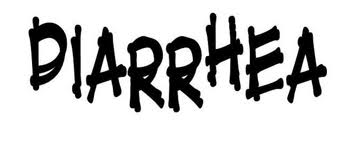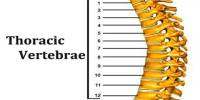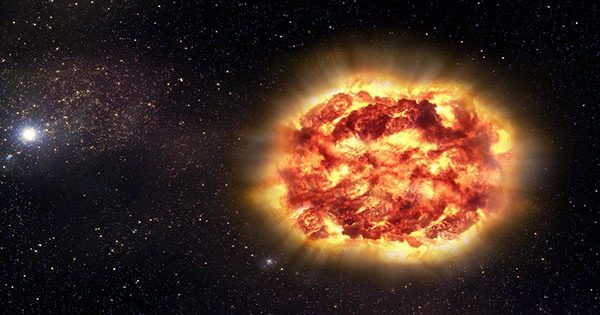Diarrhea can be caused by a variety of bacteria, viruses, and parasites. Children can also have diarrhea without having an infection, such as when diarrhea is caused by food allergies or as a result of taking medications (such as antibiotics). A child is considered to have diarrhea when the child’s bowel movements are both more frequent than usual and looser and more watery than usual.
Children with diarrhea may have additional symptoms including nausea, vomiting, stomach aches, headache, or fever. In most cases, diarrhea signs and symptoms usually last a couple of days. But sometimes diarrhea can last for weeks. In these situations, diarrhea can be a sign of a serious disorder, such as inflammatory bowel disease, or a less serious condition, such as irritable bowel syndrome.
Diarrhea is very frequent watery and loose bowel movements .If too little water is absorbed from the waste as it passes through the colon, diarrhea can result. Another cause of diarrhea may be changes in the muscle contractions of the colon, so that stool moves through much too quickly.
















